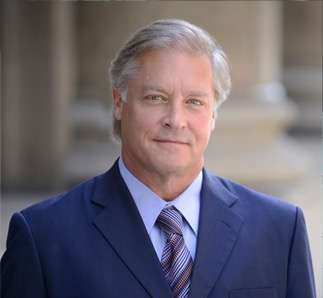Monthly Archives: April 2024

Probable Cause And Terry Stops
The state does not have the right to incarcerate you unless you have been convicted of a crime, and yet it is possible for police to arrest you and detain you until your probable cause hearing. You cannot be convicted of a crime unless 12 jurors find you guilty beyond a reasonable doubt, and… Read More »

Even Small Criminal Cases Are Worth Fighting
If you have never struggled with addiction, then the memoirs of a recovering addict during his or her days of using read like an adventure story. The protagonist communicates with drug dealers in euphemisms; they wait for just the right moment to hand over the drugs. No one is sure who to trust. The… Read More »

Pub Owner Who Appealed Assault Conviction Gets New Trial
The “no double jeopardy” rule means that the state cannot try you twice for the same offense, but exactly what counts as being tried twice? If the jury returns a not guilty verdict, then that verdict is final, even if the state later discovers additional evidence that it could have used against you at… Read More »

Is DNA Evidence Valid In Burglary Cases?
DNA evidence is one of the most important developments in forensic science in our lifetimes. As of 2024, 575 wrongfully convicted people have had their convictions overturned after DNA evidence revealed that their DNA was not present at the crime scene. We most often hear of DNA indicating a defendant’s innocence or guilt in… Read More »


